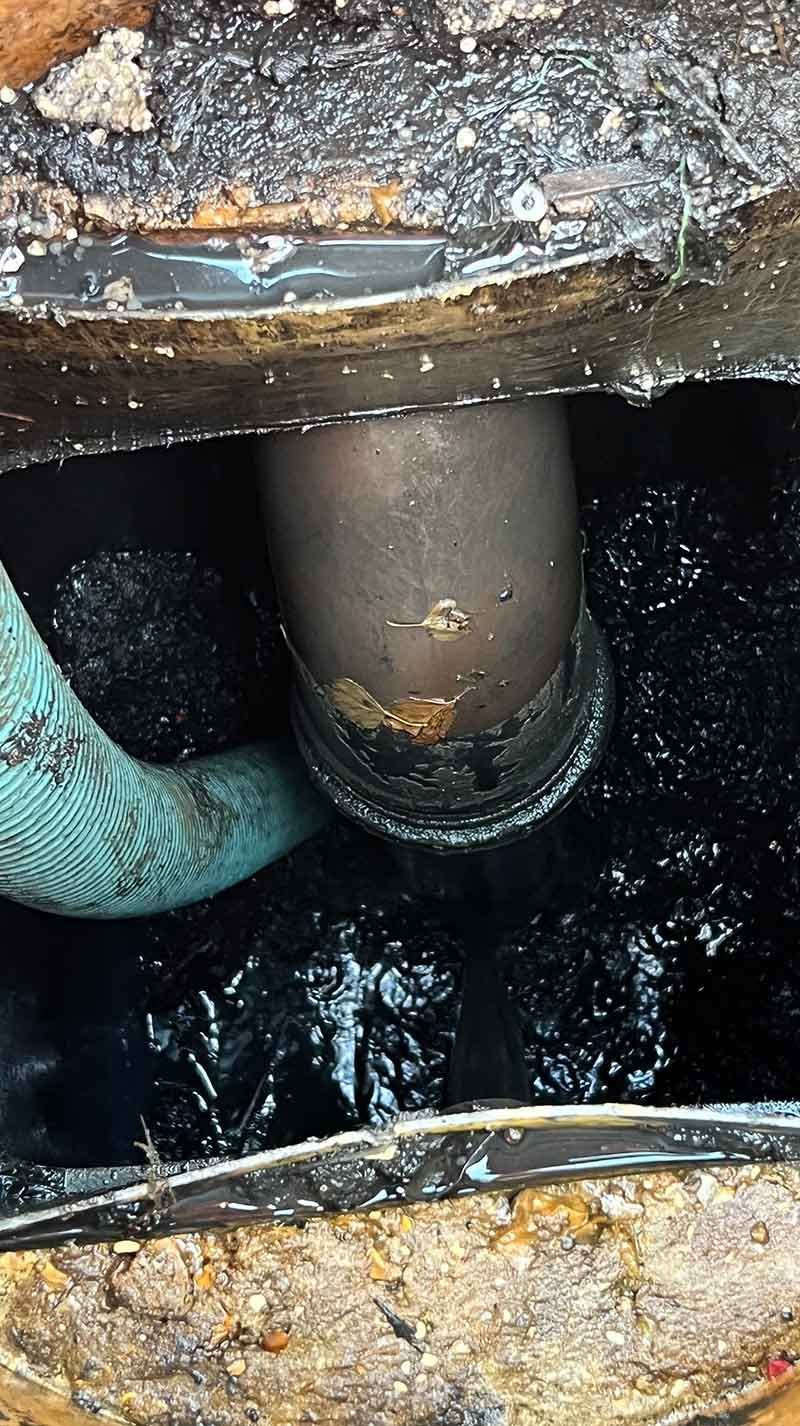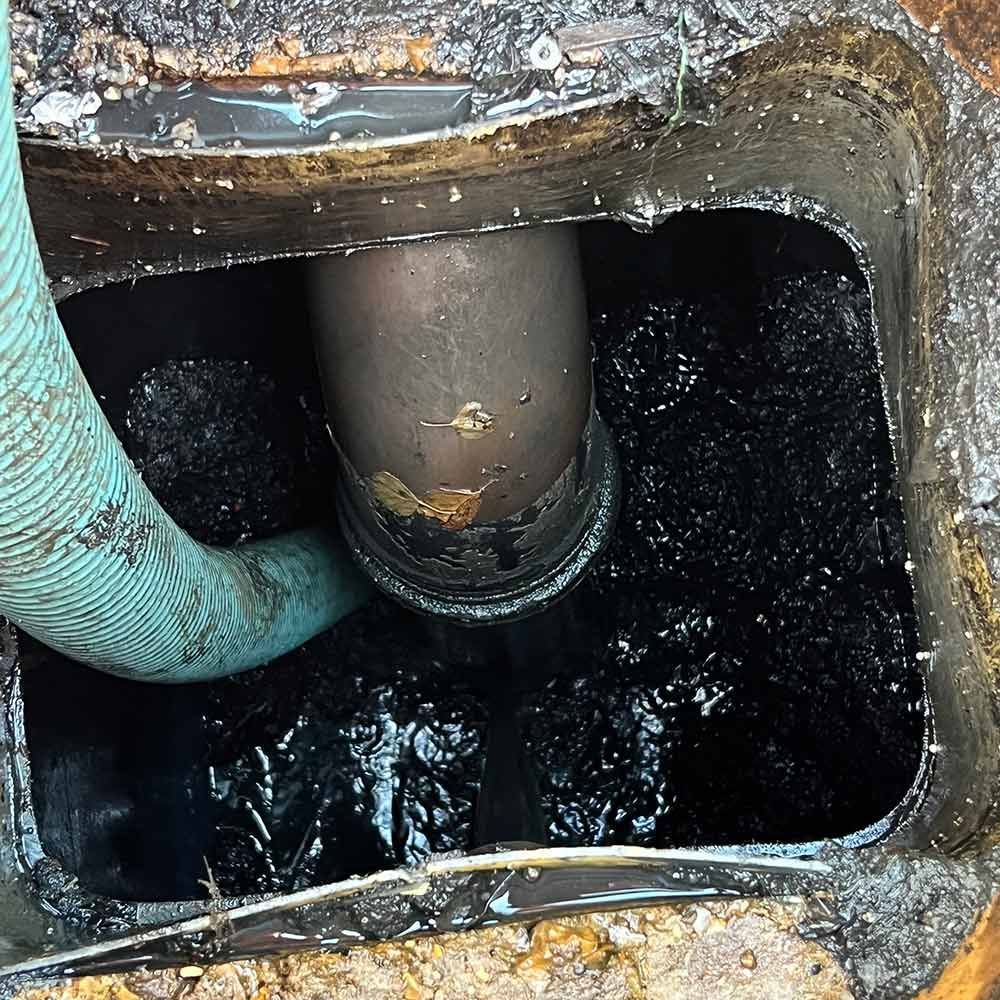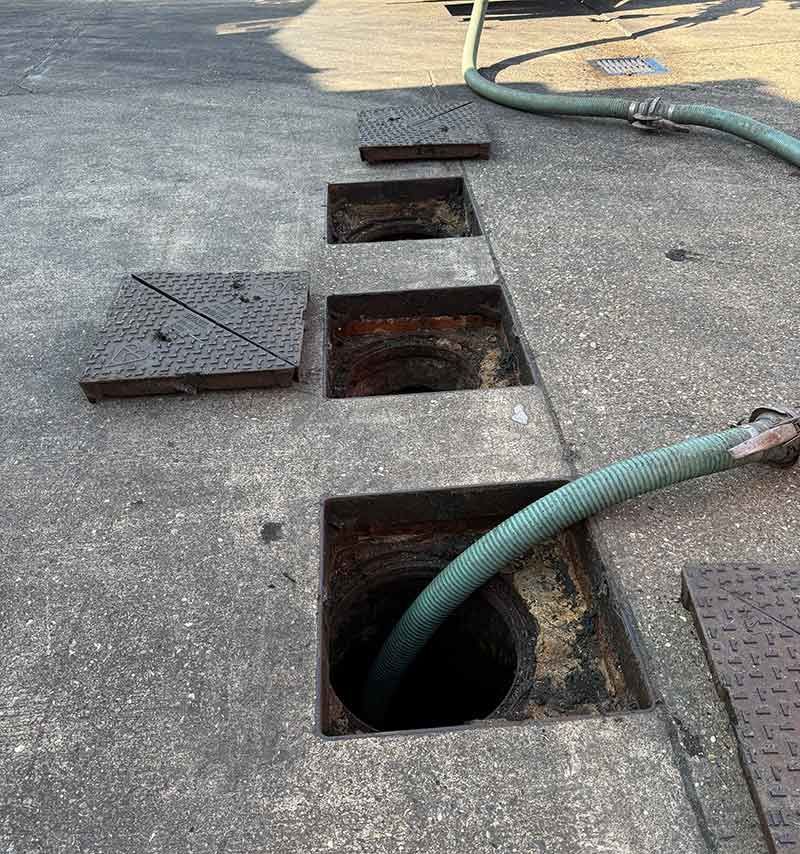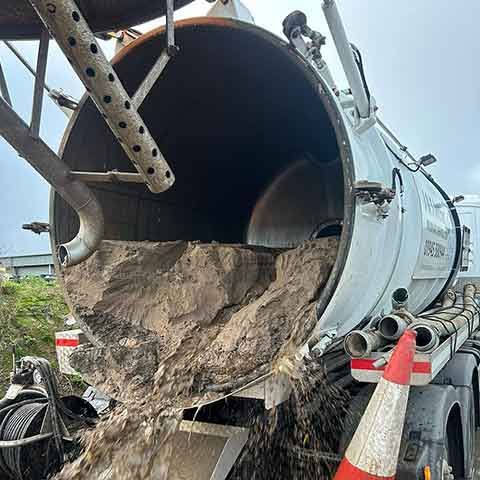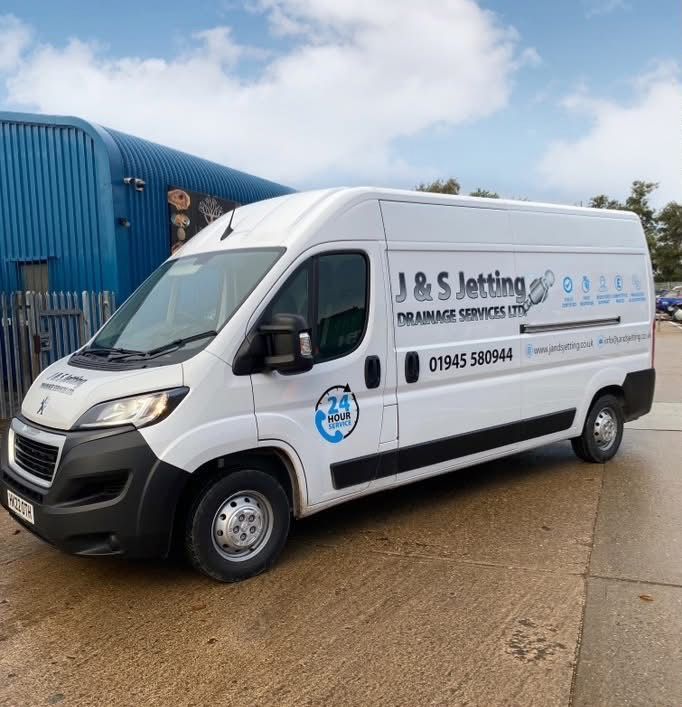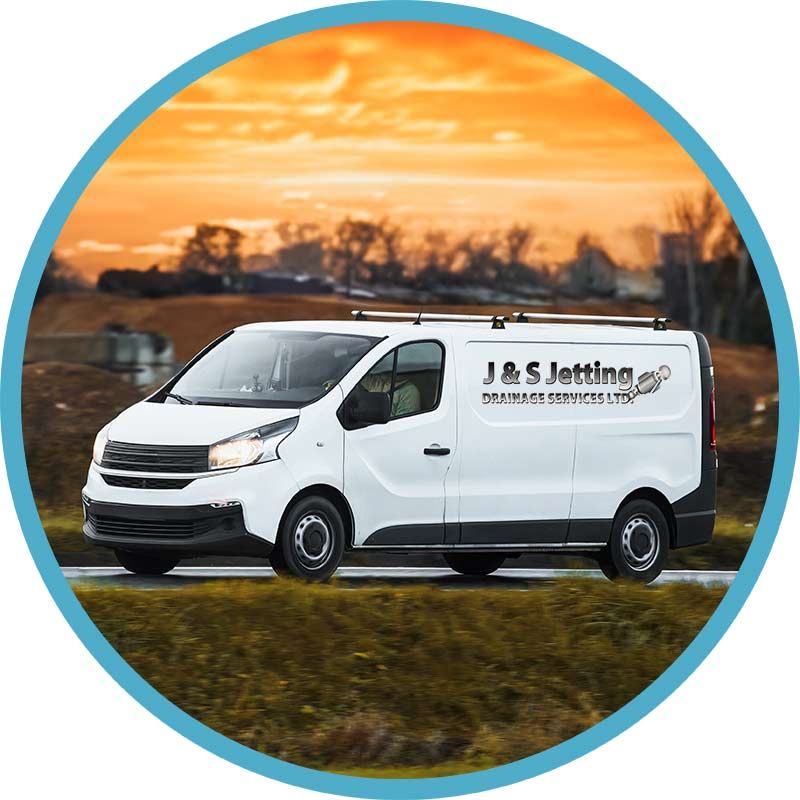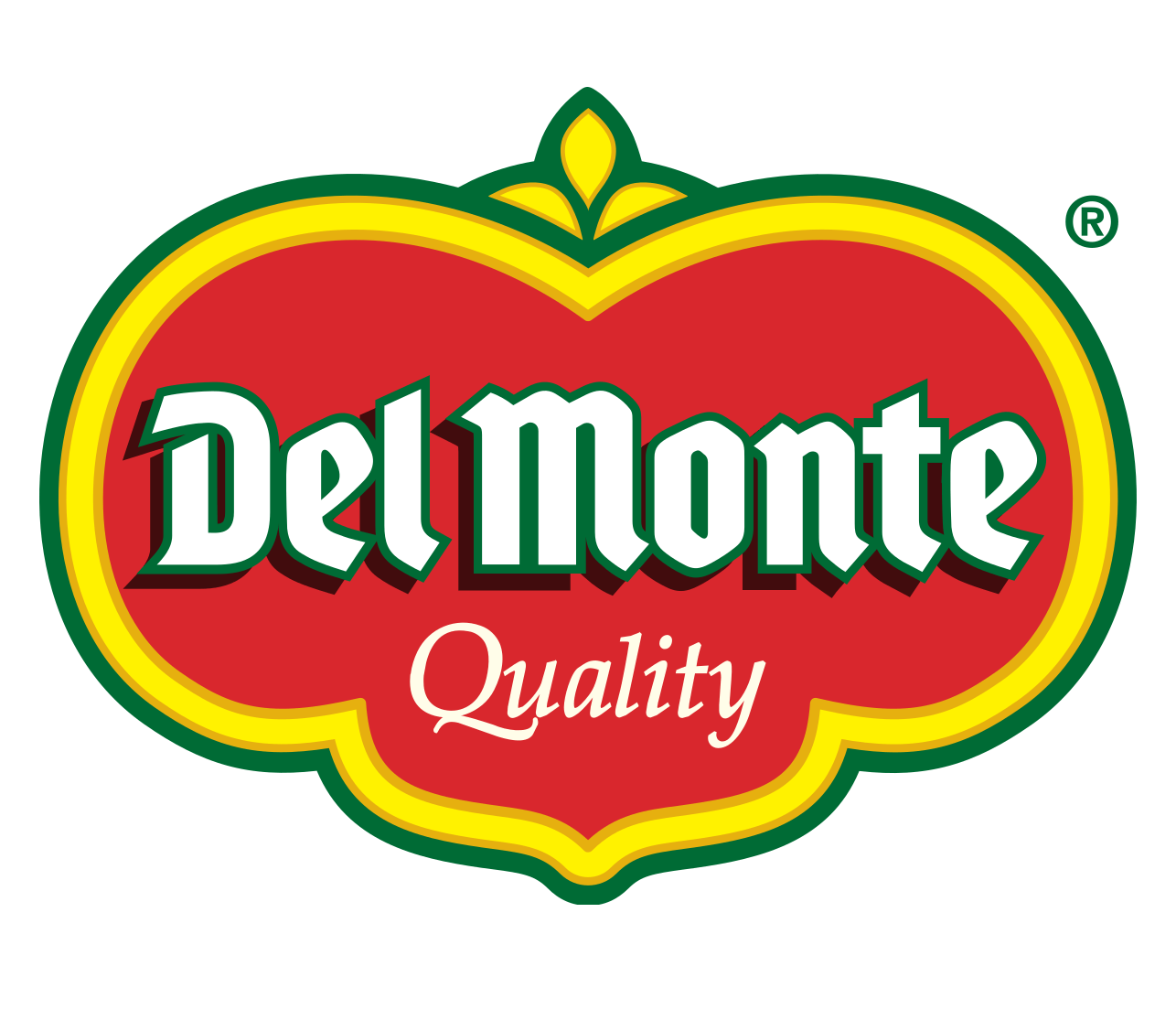INTERCEPTOR WASTE MANAGEMENT
Expert Interceptor Removal and Maintenance Service of Hazardous Waste
Interceptor Compliance, Safety and Environmental Protection
At J & S Jetting, we specialise in drain interceptor management and hazardous waste stream separation, helping businesses meet their legal obligations, prevent pollution, and keep drainage systems operating at peak efficiency. Our service covers everything from inspection and cleaning to licensed waste disposal.
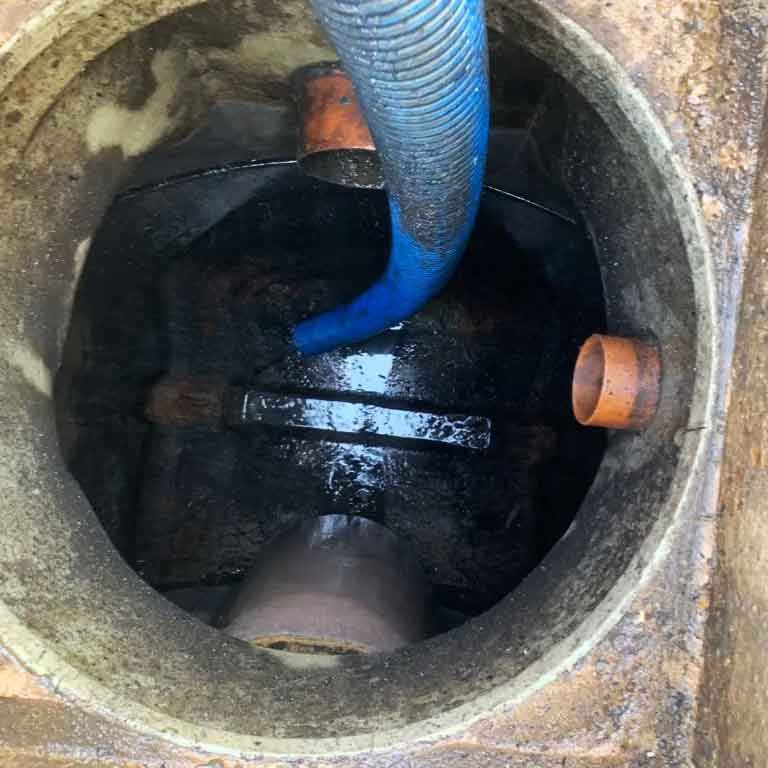
WHat is a DRAIN INTERCEPTOR?
How Do Drain Interceptors Work?
Drain interceptors operate on a simple but effective principle: separation by density. As water flows into the interceptor chamber:
- Heavier solids, like sand, grit, and silt, settle at the bottom of the tank.
- Lighter contaminants, such as oils, fuels, and grease, float to the top.
- The cleaner water layer between the solids and oils passes through an outlet pipe, continuing to the main drain.
Over time, the collected waste layers build up, which is why scheduled maintenance and waste removal are essential. Without intervention, efficiency drops, contaminants escape, and the interceptor becomes a hazard rather than a safeguard.
Why Drain Interceptor Management Matters...
Without interceptors, contaminated water from commercial activities can directly enter the sewer system or nearby rivers, streams, and lakes. This can lead to serious environmental harm, such as oil slicks, aquatic life fatalities, and chemical pollution.
From a business perspective, interceptors provide a vital layer of compliance. The Environmental Agency, DEFRA, and local authorities set strict rules on what can be discharged into public drainage. Breaching these rules, intentionally or accidentally, can result in substantial fines, legal action, and reputational damage.
Poorly maintained interceptors can lead too:
- Environmental pollution: oils, fuels, and chemicals reaching waterways
- Regulatory fines: non-compliance with EA, DEFRA & local authority requirements
- Costly repairs: damage to drainage networks and downstream systems
- Blockages and flooding: solids and grease reduce flow capacity, causing backups and standing water.
- Structural damage: accumulated waste produces corrosive gases, degrading the interceptor and surrounding pipework.
- Increased operational costs: emergency call-outs and repairs exceed scheduled maintenance cost.
Our proactive service protects your business, people, and the planet.
Our Drain Interceptor Service
We provide interceptor removal and repair solutions tailored to your site and sector:
- Detailed inspections to assess interceptor condition and waste build-up.
- Specialist cleaning using industry approved equipment and techniques.
- Hazardous waste separation to ensure oils, fuels, chemicals and solids are individually processed.
- Licensed waste disposal via authorised treatment facilities.
- Compliance documentation including Waste Transfer Notes and maintenance reports.
- Preventative maintenance scheduling to keep systems efficient year-round.
Book Your Interceptor Maintenance
Whether you manage a busy industrial site or a small commercial property, effective drain interceptor management is essential.
🔧 20 years experience
✅ Fully Licensed Waste Carrier
🚚 Modern Fleet of Vacuum Cleaners
📆 Flexible Contracts
⭐ 5-Star Rated
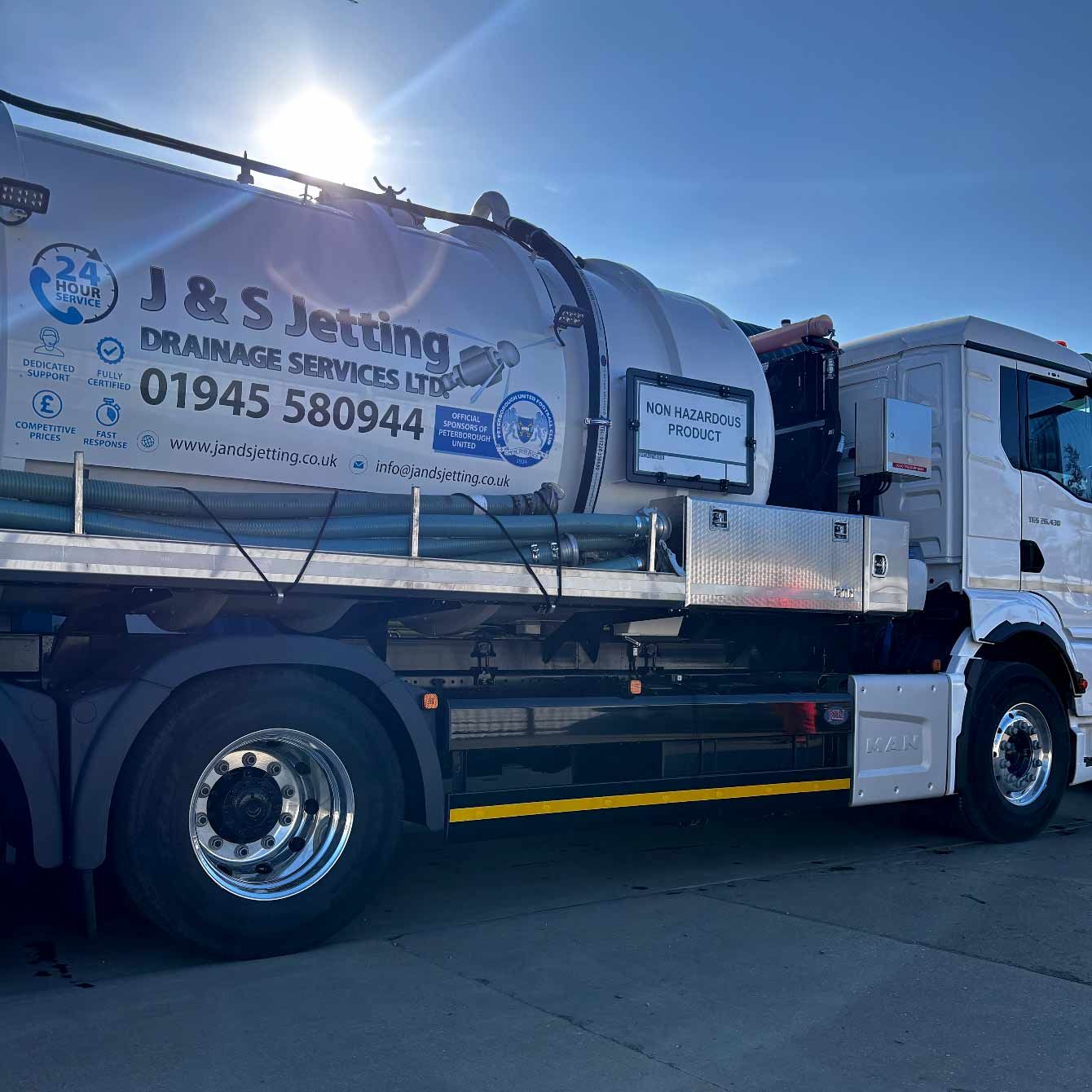
Drain Interceptor Removal and Repairs Near Me
We proudly serve Peterborough, Cambridgeshire, Norfolk, Northamptonshire, Lincolnshire, Bedfordshire, Hertfordshire and Suffolk with comprehensive interceptor maintenance services.
Wherever you are, we’re just a call away. Same-day service available for:
Drain Interceptor FAQ's
How often should a drain interceptor be emptied?
Typically every 6–12 months, but frequency depends on site activity, waste load, and environmental permit requirements.
What happens to the waste removed from an interceptor?
It’s transported under a Waste Transfer Note to a licensed facility for treatment, recycling, or safe disposal.
Can you provide compliance documentation?
Yes – we provide full reports, waste transfer notes, and maintenance records for your audits.
What regulatory frameworks do you work too?
• Environmental Agency guidelines
• Control of Pollution (Oil Storage) Regulations
• Waste (England and Wales) Regulations
• ISO 14001 environmental management standards

